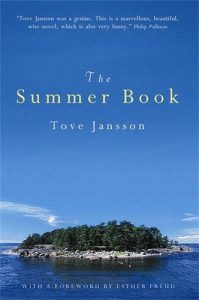
As Rachel Clarke says, this is the tale of a boy, a girl and the heart they share. It is also a story of love, of an immense generosity, of two families lifted beyond their imaginings.
For most of human history our heart is essentially Us. For a French surgeon it was ‘the chief mansion of the Soul, the organ of vital faculty, the beginning of life, the fountain of the vital spirits.’ The Ancient Egyptians believed its purity could be weighed to decide your entry into the afterlife. Aristotle believed it to be the source of not only pleasure and pain but essentially the location of the soul. Whatever the emotion it can be heart-felt; we speak from the heart, sometimes in heart-to-hearts. We can be heartless.
No wonder the Oxford English Dictionary has 15,000 words for its entry.
Rachel Clarke is not only a palliative doctor in a hospice but also a documentary-maker and a gifted writer. So we are vividly aware of the cheerful Sunday morning breakfast: Dad on his motor bike is going to a memorial; Mum, Loanna, nine-year-old Keira and younger brother, Bradley, clamouring for chocolate pillows, are on their way to the beach; older sisters, Katelyn and Kelly, are on a sleepover.
At eleven o’clock everything will change.
Seven months and twenty-two days earlier, everything changed for another family with a nine-year-old: Max. His mother Emma, sitting opposite an experienced paediatric cardiologist patiently explaining that the information he was giving her meant that Max had a heart with a condition where there was one in three chance of getting better, one in three of needing a heart transplant, one in three chance of death. Max, like Keira, was a ball of vivid energy, so irrepressible his parents had scarcely realised the insidious creep of the infection.
With skilled knowledge, patient attention and sensitivity to every person in the story she tells, Rachel Clarke takes us on a journey. it is made possible by the realisation in 1959 that death of Us might be the end of brain activity, not when the relentless contraction of a heart muscle ceased. She weaves the numerous threads of medical knowledge and risk-taking, of human emotions and selflessness, to make a truly memorable story. This is an unforgettable book.
[We have a copy of The Story of a Heart in the library. We also have a copy of Rachel Clarke’s memoir, Dear Life.]


